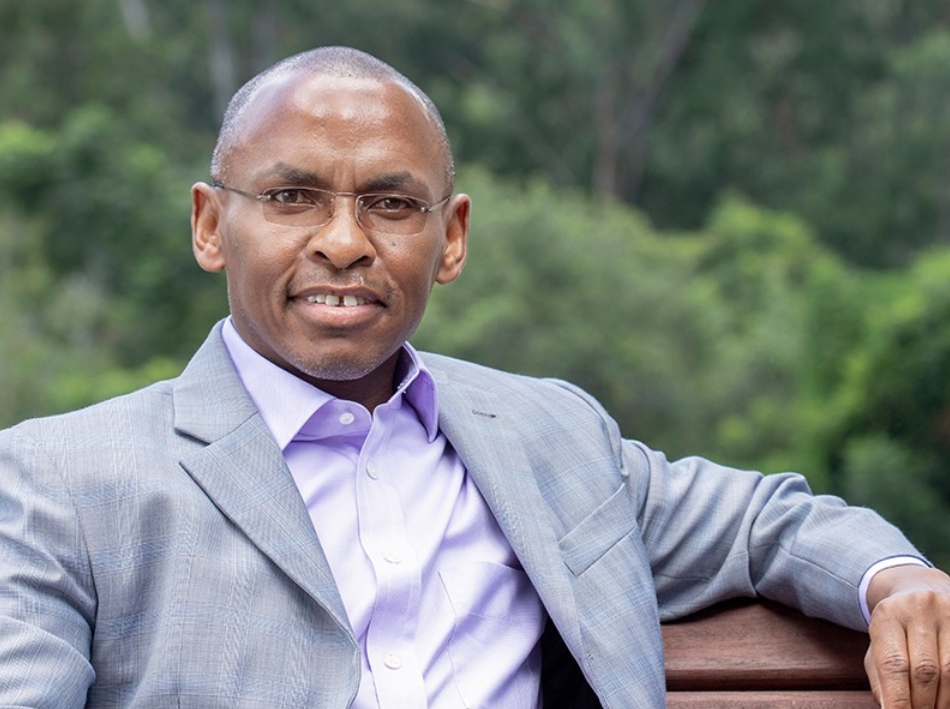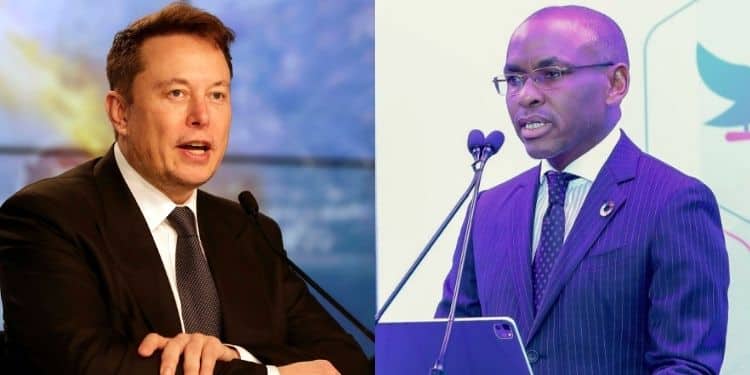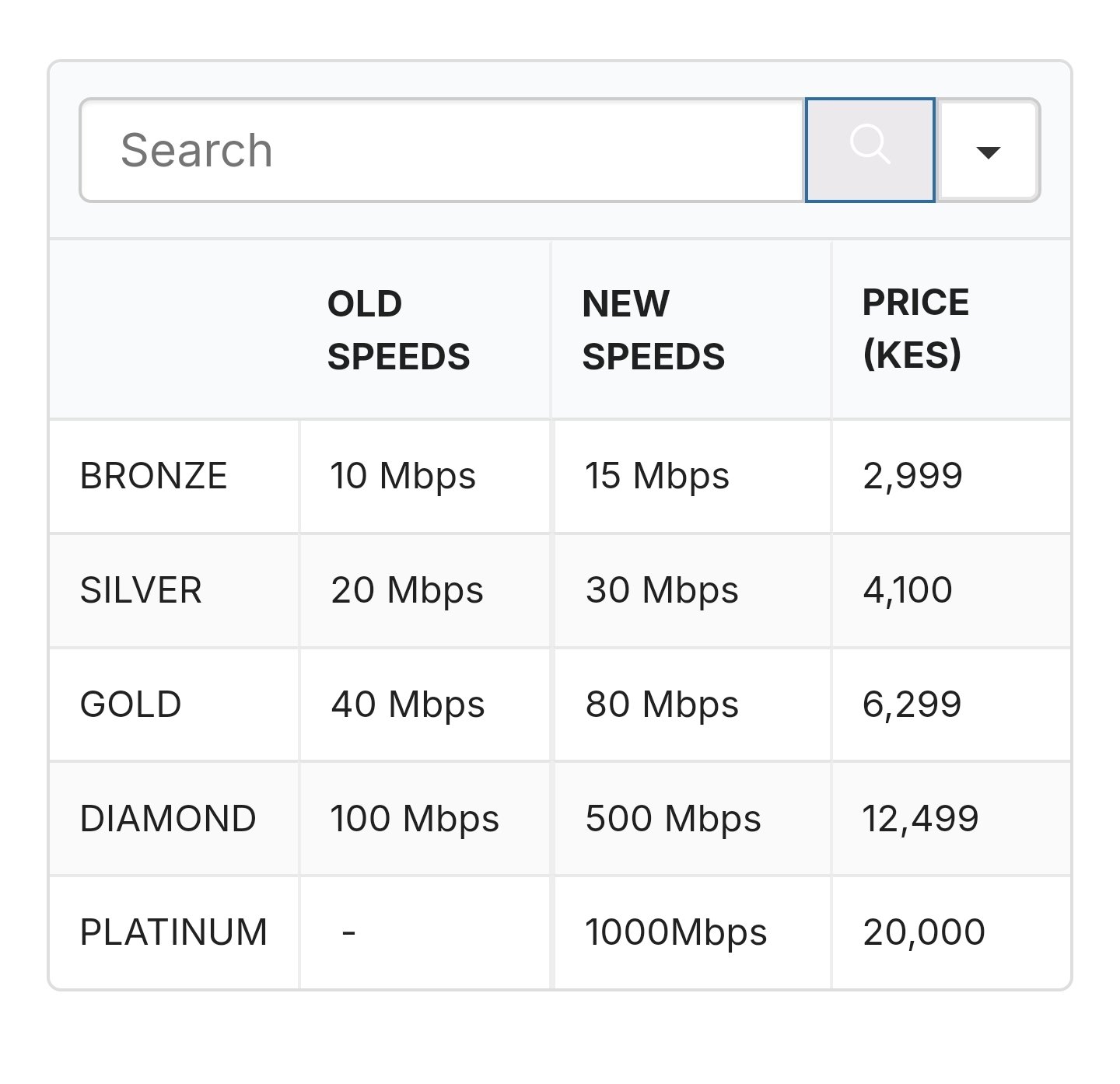Kenyans have taken to social media in an uproar after Safaricom PLC announced a new home internet package that will cost users KSh 20,000 per month for speeds of 1000Mbps (1 Gigabit per second).
This comes at a time when Elon Musk’s Starlink offers internet speeds of over 200Mbps for just KSh 1,300 per month, sparking outrage and disbelief among many.

Safaricom CEO Peter Ndegwa. Source: Facebook
The pricing difference between Safaricom’s new offering and Starlink’s package has become a heated topic of debate, with countless Kenyans questioning the steep cost.
For most, the idea of paying KSh 20,000 a month is beyond reach, especially in a country where the cost of living is already high.
Many are frustrated by what they see as Safaricom’s failure to provide affordable internet options, given the company’s monopoly in the local telecommunications market.
The discontent with Safaricom had already been growing, especially after the nationwide network outage on June 25, which occurred during widespread protests against the Finance Bill.
On that day, Parliament was stormed by protesters, and shortly after, bodies of unknown individuals were found in Githurai 45, though the government distanced itself from these incidents.
That outage only added to the mounting frustration Kenyans have with Safaricom’s services.
Beyond the price hike, Safaricom has also faced criticism for poor customer service.
One common complaint is the inability to track M-Pesa transactions, as statements provide phone numbers in a masked format (0700***000), making it impossible to confirm who received funds.
This, along with high transaction fees on its services, has driven many customers to consider alternatives like Starlink, which is seen as cheaper and more reliable.
Despite the backlash, Safaricom defended its move, announcing that it has significantly increased internet speeds for both home and business users.

Safaricom CEO Peter Ndegwa. Photo: Safaricom Source: Facebook
The company also introduced the ultra-fast 1000Mbps Platinum plan at KSh 20,000 per month for home fiber.
“Current customers will automatically be upgraded to the enhanced packages to enjoy the faster speeds,” Safaricom said in a statement.
However, the announcement hasn’t calmed public anger. Many Kenyans are still questioning the practicality of the new pricing, with the phrase “Nani alipe?” (Who will pay?) trending on social media, reflecting a general sense of disbelief and frustration at the steep costs.
As more Kenyans become aware of Starlink’s affordable pricing and fast speeds, Safaricom may face increasing pressure to reconsider its pricing strategy and offer more competitive packages.
For now, the debate over internet affordability in Kenya rages on, with many customers weighing their options between local providers and new global players like Starlink.




